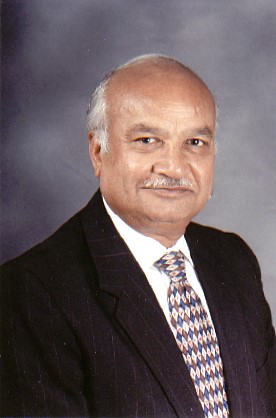 Vivek Ramaswamy, an Indian American Republican presidential candidate, has expressed concerns about the United States’ current policy regarding Taiwan. The US follows a stance known as “strategic ambiguity,” where it does not formally recognize Taiwan as a nation and leaves uncertainty about whether it would defend Taiwan against a potential Chinese invasion. Beijing regards Taiwan as a breakaway province and seeks reunification with the mainland, even by force if necessary. In contrast, Taiwan considers itself a separate entity from China.
Vivek Ramaswamy, an Indian American Republican presidential candidate, has expressed concerns about the United States’ current policy regarding Taiwan. The US follows a stance known as “strategic ambiguity,” where it does not formally recognize Taiwan as a nation and leaves uncertainty about whether it would defend Taiwan against a potential Chinese invasion. Beijing regards Taiwan as a breakaway province and seeks reunification with the mainland, even by force if necessary. In contrast, Taiwan considers itself a separate entity from China.
Ramaswamy emphasizes the importance of safeguarding US national security interests, particularly regarding the global semiconductor supply chain. He suggests that the US should transition from a policy of strategic ambiguity to one of strategic clarity. This means committing to defending Taiwan against Chinese annexation until the US achieves semiconductor independence. Once this goal is reached, the US could return to its previous posture of strategic ambiguity.
Recently, the Biden Administration approved a military transfer of $80 million to Taiwan, which drew strong reactions from China, including warnings of “lethal consequences.” Ramaswamy’s campaign argues that the current US policy creates confusion with China regarding red lines and heightens the risk of a major conflict, especially since the US relies heavily on advanced semiconductors manufactured in Taiwan.
Ramaswamy proposes a strategy where Taiwan increases its military expenditures while the US strengthens its alliances with countries like India, Japan, and South Korea, along with fortifying homeland defense capabilities. This approach aims to deter Chinese aggression and protect long-term US interests without risking a global conflict.
In the midst of this, a super political action committee associated with another Republican presidential candidate, Ron DeSantis, privately informed donors that they were responsible for the recent attacks on Ramaswamy, his primary rival. They asserted that all criticisms and scrutiny of Ramaswamy were orchestrated by their campaign. This revelation led to tension between the two campaigns.
Ramaswamy’s spokesperson responded by highlighting his strong performance at a recent presidential debate, suggesting that the attacks from DeSantis’ campaign were a sign of their concern. The report indicates that DeSantis’ campaign plans to intensify its efforts to scrutinize and challenge Ramaswamy as the campaign progresses.









